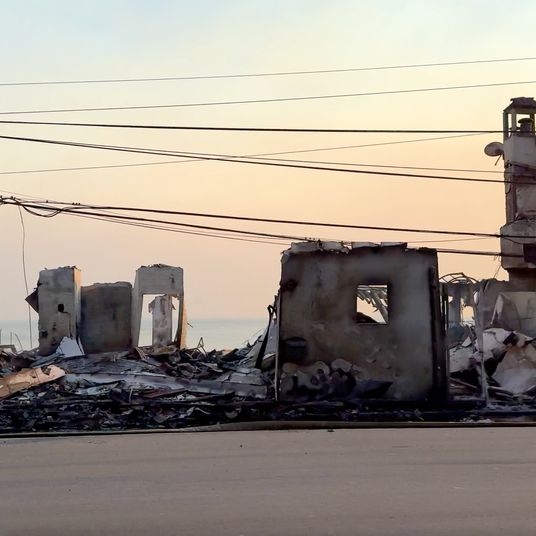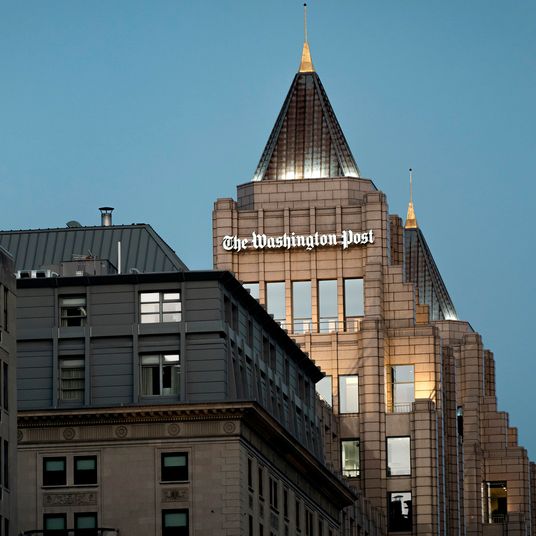Twelve weeks after protests against him began, Syrian president Bashar al-Assad issued broad amnesty to all prisoners — including “all members of political parties.” That includes the Muslim Brotherhood, which led an uprising against al-Assad’s father in the eighties. The amnesty could affect more than 10,000 people who have been arrested since protests began in March. The opposition roundly rejected the amnesty offer, seeing it as a ploy on the part of al-Assad to buy time. The U.S. State Department agreed. “He’s said a lot of things in recent weeks and months, but we’ve seen very little concrete action,” said State Department spokesman Mark Toner.
University of Oklahoma Middle Eastern studies professor Joshua M. Landis believes the amnesty is a desperate attempt to mollify an angry public in an untenable situation. “Almost everyone believes reform is impossible,” said Landis. “But what they can do is let people out of the prisons. It’s an immediate concession that has an immediate effect on the opposition, but it’s not a structural change at all.”
Since the protests began, more than 1,000 people have been killed.
Syria offers general amnesty [WP]
To Much Skepticism, Syria Issues Amnesty [NYT]





























